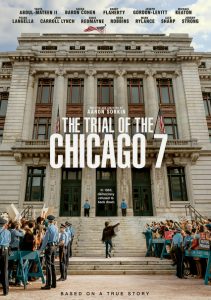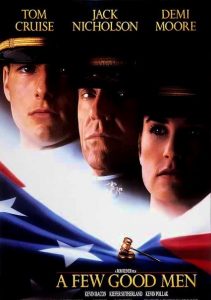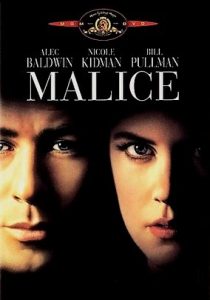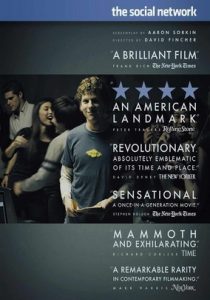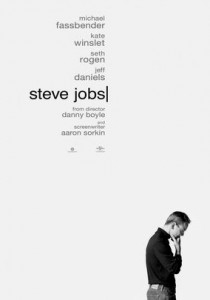Being the Ricardos-2021
Director Aaron Sorkin
Starring Nicole Kidman, Javier Bardem
Scott’s Review #1,426
Reviewed May 7, 2024
Grade: B+
Aaron Sorkin, who has written or directed such efforts as A Few Good Men (1992), Moneyball (2011), and The Trial of the Chicago 7 (2020), is typically associated with mainstream films.
While working on quality projects, he will never be accused of being a dangerous or auteur director. Since he is in the director’s chair for Being the Ricardos (2021), I knew going in that the film would be more or less a safe venture.
Ironically, the film that tells the story of famous comedian Lucille Ball, played by Nicole Kidman, and her husband Desi, played by Javier Bardem, is not a comedy. It’s a drama mixed with a biography for those audiences unfamiliar with the duo, explaining who they are.
For those of us at least mildly familiar with the iconic black and white show ‘I Love Lucy’ that pivoted television shows into the spotlight in the 1950s, Being the Ricardos serves as a slice of nostalgia.
The film depicts many aspects of the relationship between the pair and the challenges that went into producing the hit television show every week. But it also delves heavily into their rocky marriage, political smears, and cultural taboos that the show helped break.
Whoever thought that a pregnant character or a Cuban leading man would have stirred so much controversy?
But in the 1950s, things were different, and anyone even open to the idea of Communism faced career ruination.
Sorkin successfully treats the viewers to lengthy debates in the writers’ room, contentious star feuds, and the creative process in general.
More subtly, we see how a powerful woman in show business was the exception, not the rule, and how norms were very different for women.
The events of the film mostly surround one critical production week of their groundbreaking sitcom “I Love Lucy.”
J.K. Simmons and Nina Arianda play loveable Fred and Ethel, Lucy and Desi’s comical next-door neighbors in the sitcom. In real life, the actors despised each other, frequently hurling insults at each other.
Comedy legend Linda Lavin makes a surprising appearance as Madelyn Pugh. The then-older television writer provides interviews along with other writers and producers to explain the earlier events.
Kidman is center stage as the icon. A brilliant actor in any role she is cast, she does effectively depict the breathy voice and the mannerisms of Lucille Ball, but she doesn’t look like her.
Originally, Cate Blanchett was attached to the role, and I’m very curious how she would have played her.
The obvious choice might have been television’s Debra Messing, brilliant on Will & Grace, even portraying Lucy in one fantasy episode. My hunch is that Messing was too great a risk of lowering the film to sitcom standards, and she isn’t a ‘movie star’ either.
And again, Being the Ricardos isn’t a comedy.
So, Kidman delivers the goods with some reservations, mostly revealing what a strong woman Ball was and how she created many of the hilarious skits she is known for, while not making the character seem like an idiot.
Bardem is also good in the role of Desi. He mixes conservative machismo with a thirst to be daring and challenge the mold. His womanizing would ruin their marriage, but he was a savvy businessman, and the film shows this.
An entertaining biopic that probably will be forgotten over time, Being the Ricardos (2021) nonetheless shines a spotlight on the early days of television as a new medium and the hurdles its stars had to face in the woeful days of early apple pie and white picket fences that defined America.
Oscar Nominations: Best Actor-Javier Bardem, Best Actress-Nicole Kidman, Best Supporting Actor-J.K. Simmons

